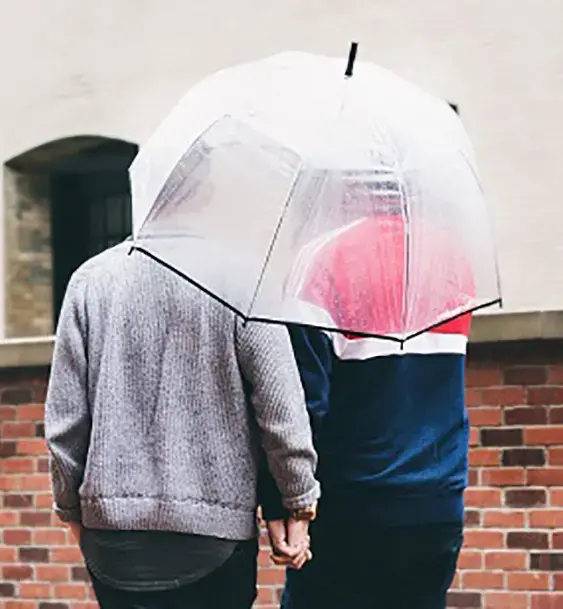
Domestic abuse - it can happen to anyone
Gone are the days when domestic abuse was something that only happened between man and wife. Thankfully, the law now recognises that domestic abuse can occur between cohabitants, family members, heterosexual couples, lesbian, gay, bi sexual and transgender couples. Part 4 of the Family Law Act 1996 has recently been amended so that “cohabitants” (two persons who, although living together, are not married) includes same-sex couples.
Research shows that one in four lesbian and bi women have experienced domestic abuse in a relationship. Two thirds of those say the perpetrator was a woman. Almost half (49%) of all gay and bi men have experienced at least one incident of domestic abuse from a family member or partner since the age of 16. It is clear that domestic abuse is not confined to one gender group.
What is domestic abuse?
Practice direction 12J of the Family Law Procedure Rules defines “domestic abuse” as any incident or pattern of incidents of controlling, coercive or threatening behaviour, violence or abuse between those aged 16 or over who are or have been intimate partners or family members regardless of gender or sexuality. This can encompass, but is not limited to, psychological, physical, sexual, financial, or emotional abuse. Domestic abuse also includes culturally specific forms of abuse including, but not limited to, forced marriage, honour-based violence, dowry-related abuse and transnational marriage abandonment.
What can I do about it?
Call the police. If you are suffering from domestic abuse, from a family member, partner or cohabitant, contact the police. It is a criminal offence; perpetrators could face a custodial sentence. Alternatively, the police are able to arrest a perpetrator and place bail conditions upon them which will have the effect of preventing him or her from returning to any property in which you live or from approaching you or molesting you.
Please be aware of the fact that the police have a special Domestic Violence Unit which is a unit supported by a group of specially trained officers, both male and female. The unit is established to deal with the needs of victims of domestic violence. This unit can also provide panic alarms and special alarm systems into your home and provide mobile telephone calls for 999 calls only where no land line phone is installed in your property. The Police Domestic Violence Unit number is 01332 613052.
Alternatively, you may be able to obtain an injunction, namely an occupation Order or a non-molestation Order. The power to make an occupation Order is contained in the Family Law Act 1996 and allows the court to decide who should live, or not live in the home or any part of it. Similarly, obtaining a non-molestation Order prevents a person from harming you, which includes intimidating, harassing or pestering you or using the threat of violence. Breaching a non-molestation Order could result in immediate arrest and up to 5 years imprisonment.
To find out how our expert team of solicitors can help you, contact us today on 0330 123 1229, send us an email via info@smithpartnership.co.uk or complete our contact form.

Share this article






















